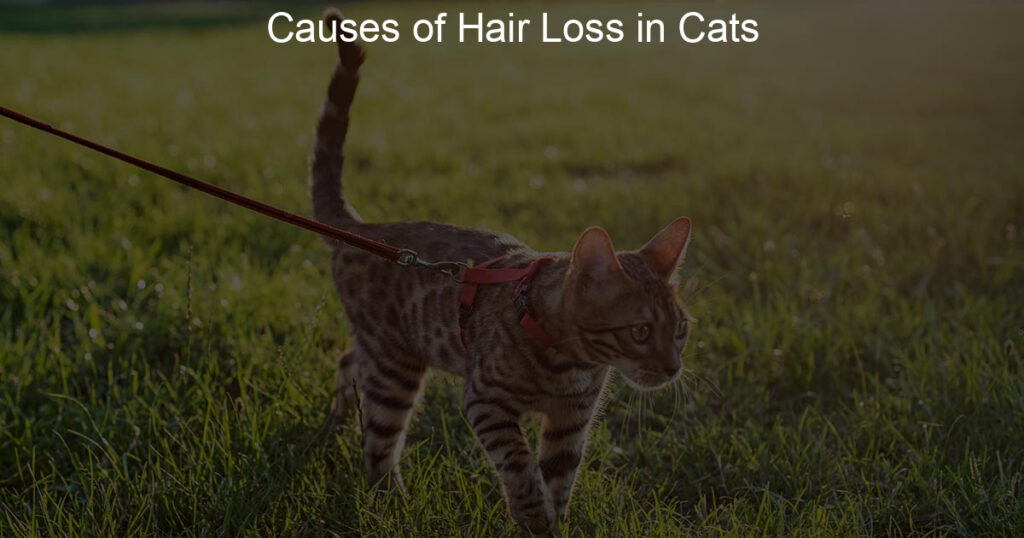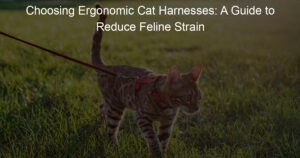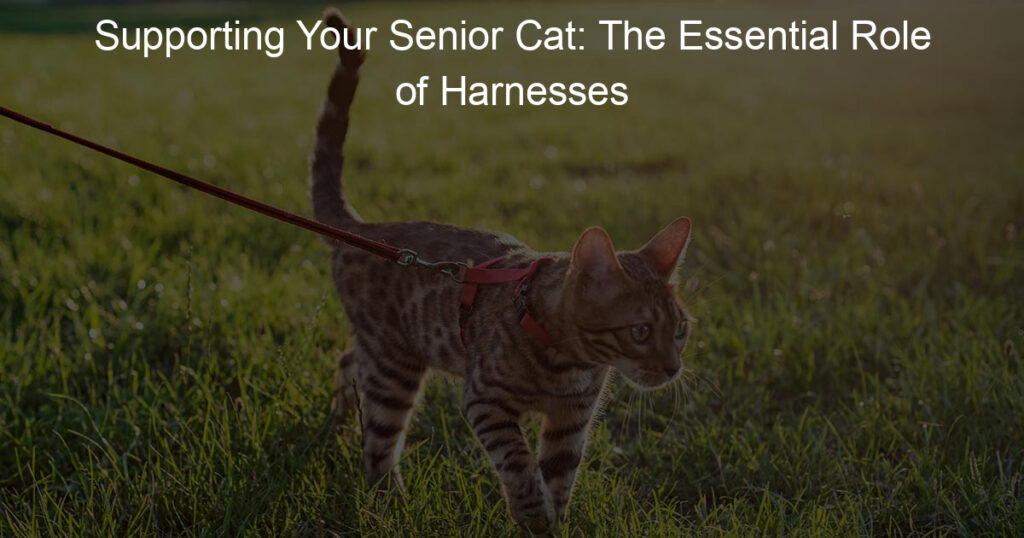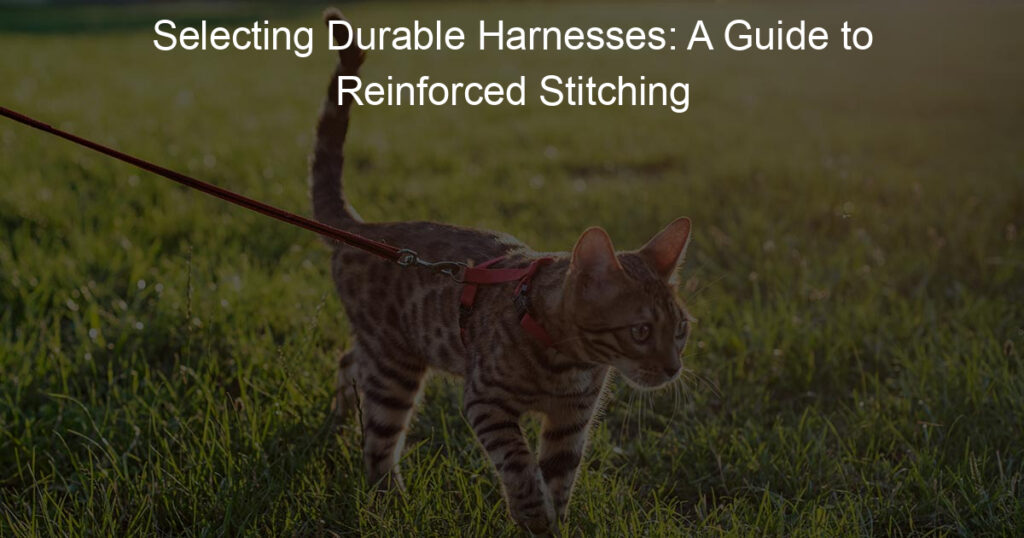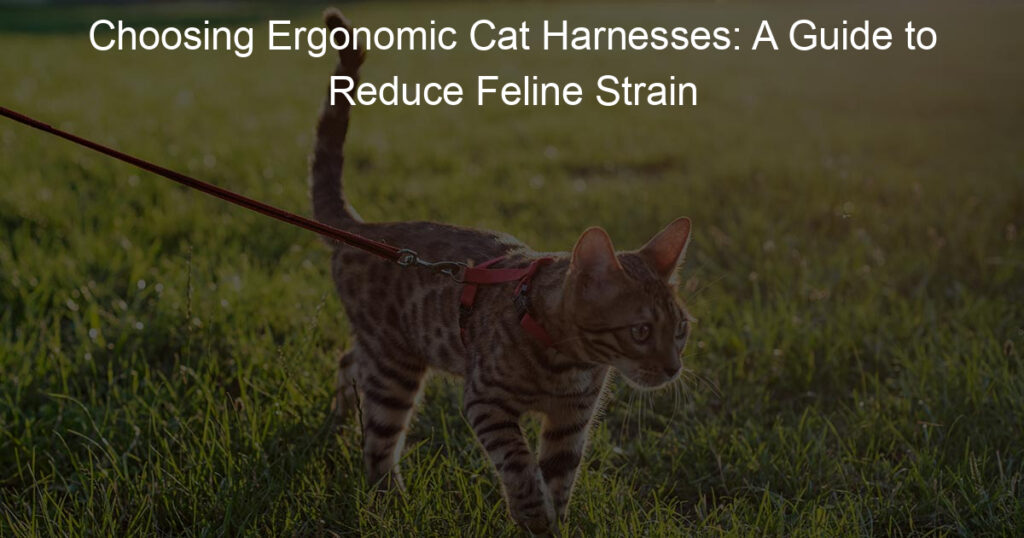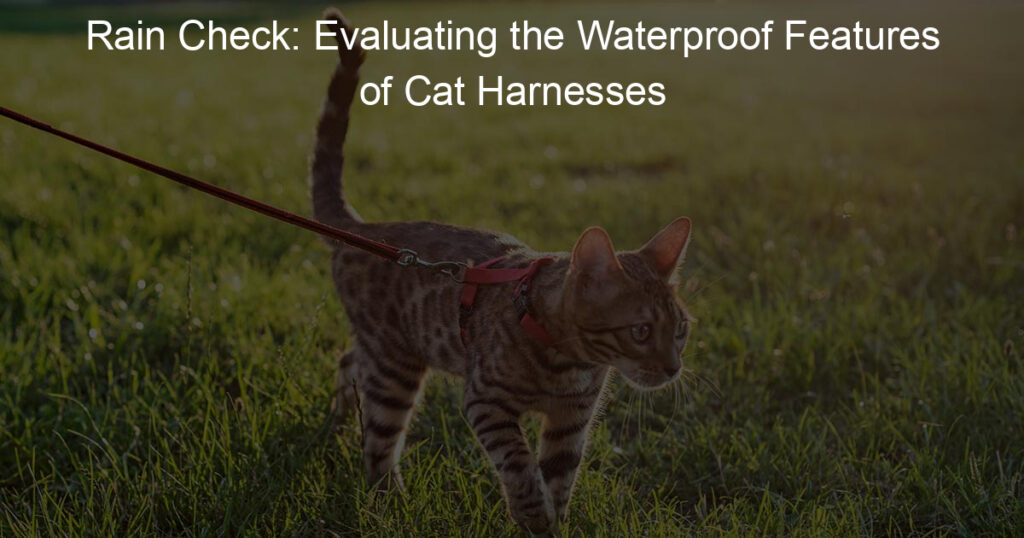If your beloved cat has been experiencing hair loss lately, then you might be feeling a little concerned. After all, there is nothing worse than seeing your furry friend struggling with their coat health. Luckily, it’s not time to panic yet! Hair loss in cats can have several different causes, and it doesn’t always mean that something drastic is going wrong.
In this blog post, we’ll dive into some of the common causes of hair loss in cats so that you’re better equipped to help keep your feline looking and feeling their best. So grab a cup of coffee (or tea) because let’s get started on our exploration!
Should I be concerned if my cat is losing hair?
If your cat is losing hair, it could be a sign of anything from a common skin infection to systemic disease. While benign causes such as allergies, flea infestations, and stress can cause significant hair loss in cats, even in younger ones, it’s always best to err on the side of caution by visiting your veterinarian for an examination.
He or she may recommend certain tests to determine the underlying cause of your cat’s hair loss and suggest the best treatment plan. It’s important to act fast if you are concerned about your cat losing hair as some diseases tend to progress rapidly if not treated. Being proactive and catching a problem early can help keep your cat healthy and comfortable.
Why is my cat getting bald patches?
If you’ve noticed your beloved cat developing bald patches, chances are you’re feeling worried — especially if it’s something that’s just come out of the blue. The good news is that cats can get bald spots for a range of reasons, most of which are non-threatening and treatable. While some causes may include infections, parasites, or allergies, they could also be stress-related or down to genetics.
The best idea is to take your cat to see a vet as soon as possible so they can look into the cause and guide you toward providing the right kind of care. Luckily it’s likely not anything too serious, but it’s still better to be safe than sorry!
What conditions cause hair loss in cats?
Cats losing fur is a mystery to most pet owners. It’s not the same as dog shedding, it has us wondering what could be causing the hair loss. Several different factors may be behind your kitty’s thinning coat: fleas and other parasites, allergies, infection, overgrooming due to stress, hormonal imbalance, or genetics.
Diagnosing the problem can be difficult though, so make sure you speak to your veterinarian for advice about how to investigate if your cat is developing bald patches. Early detection and treatment can help reduce any lasting effects of hair loss in cats.
Can worms cause hair loss in cats?
Many cat owners have asked, can worms cause hair loss in cats? The answer is yes! Infections caused by certain types of worms can lead to temporary, minor hair loss for cats. By far the most common type of worm in cats are roundworms, which are contracted from eating small animals that may be infected with larvae, or from nursing from an infected mother cat.
If left untreated, roundworm infections can cause a range of symptoms such as vomiting, diarrhea, and persistent coughs or wheezing. In some cases, it may even lead to more serious issues like anemia or stunted growth and weight loss. Always consult a vet if there is concern about your cat’s health — especially if you notice patches of missing fur and other suspicious symptoms like a pot-bellied appearance or apathy.
The good news is that most types of parasites can easily be treated with worming tablets found at your local pet store or prescribed by your veterinarian — so get them checked out if you think they have contracted some kind of worms!
How can I treat my cat’s hair loss?
If your cat’s hair loss is caused by a medical condition, it’s important to visit the vet as soon as possible to seek out a diagnosis and treatment plan. For cats that suffer from hair loss due to stress or anxiety, there are a few things you can do at home to help the situation. Start adjusting their diet and offering plenty of vitamins and minerals for healthier skin and coats.
Make sure to give them enough exercise and playtime each day, providing lots of mental stimulation in addition to stimulating their bodies. Cat towers and kitty condos are great ways to introduce new activities into your cat’s life which can help redirect anxious behavior away from picking at fur or scratching excessively. You should also create several hiding spots or rest areas around your home since security is extremely important for cats with anxiety-related hair loss.
Summary
Since hair loss can have multiple causes, it is important to observe your cat’s behaviors and take them to a vet if their coat is not looking healthy. If your cat has fleas, be sure to keep up with regular treatments to ensure that they stay away.
Overall, the best treatment strategy for hair loss in cats depends on the root cause of the problem. If you are concerned about your cat’s health or want to learn more about preventative measures for keeping their fur happy and healthy, we recommend consulting with a veterinarian at your local pet hospital.
They will be able to provide helpful advice and treatment specific to your cat’s situation so you can rest assured knowing that your furry friend will be taken care of. Taking action early with these tips can make all the difference when it comes to seeing an improvement in your cat’s coat condition—so don’t hesitate!

